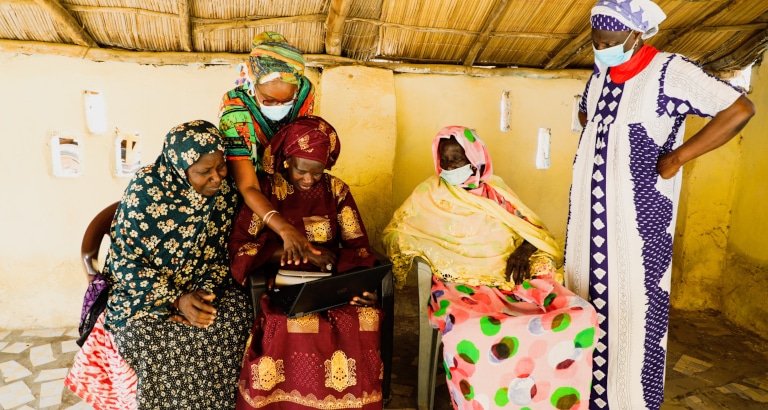
“Sexual violence is a threat to every individual’s right to a dignified life, and to humanity’s collective peace and security.”
António Guterres.
“Sexual violence has been used in every conflict, as a tactic of war.”
Pramila Patten.
Welcome to LWB International's website!
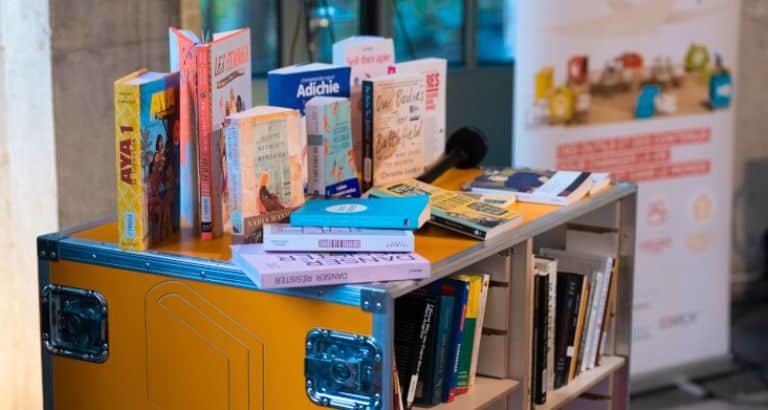
“Sexual violence is a threat to every individual’s right to a dignified life, and to humanity’s collective peace and security.”
António Guterres.
“Sexual violence has been used in every conflict, as a tactic of war.”
Pramila Patten.
In January 2024, Bibliothèques Sans Frontières (BSF) and the Institute of Peace and Development at the University of Côte d’Azur organized an international symposium in Nice dedicated to combatting sexual violence tied to conflicts. In the spirit of the partnership established between BSF and the United Nations in 2022, the Special Representative of the Secretary-General on Sexual Violence in Conflict, Pramila Patten, travelled to France for the occasion.
Over the course of two days, leading academic, institutional, and NGO experts discussed their experiences, shared their resources, and collectively envisaged solutions to this issue.
Conflict-related sexual violence (CRSV) refers to any form of serious sexual violence perpetrated against an individual directly or indirectly related to a conflict. This age-old crime undermines the dignity, security, and freedom of individuals in regions affected by war or recovering from conflict.
As this type of violence is often gender-based, it disproportionately affects women and girls, exposing them to serious physical and psychological trauma. Therefore, urgent action is needed to support survivors and prevent future risks worldwide.
cases of CRSV in 2022 (UN)
of victims of CRSV are children (UN)
of CRSV cases involve women and girls (UN)
Centering on five key themes, the symposium in Nice highlighted the current state of research, ongoing international investigations, legal and policy frameworks, access to justice and reparations, as well as prevention and awareness strategies.
It also emphasized the importance of placing survivors at the heart of our efforts and the empowerment of local actors. For instance, including survivors in decisions regarding their medical and psychosocial care is essential to address the trauma of CRSV.
The symposium also highlighted various obstacles to significant and sustainable advancements on the issue, one of the primary ones being that organizations often tend to “stay to their own lanes” despite sharing common objectives. To better combat CRSV, it is therefore essential to coordinate actions more effectively to maximize impact.
To this end, a network of experts was established following this meeting to capitalize on the work done. Its aims include strengthening legal frameworks to prevent CRSV and punish perpetrators, while promoting better coordination between states and civil society.
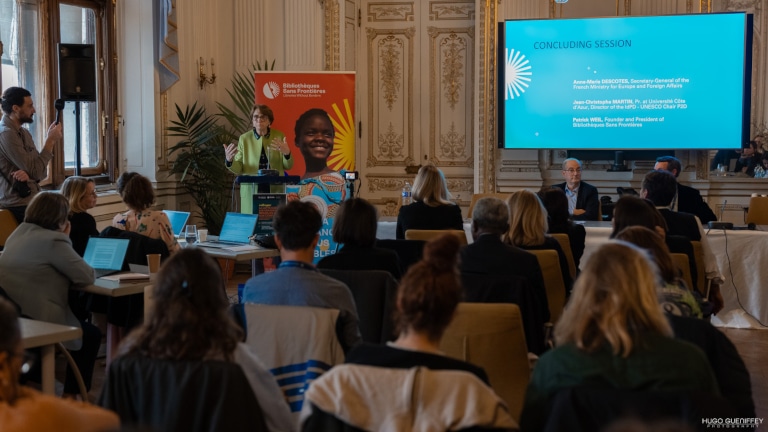
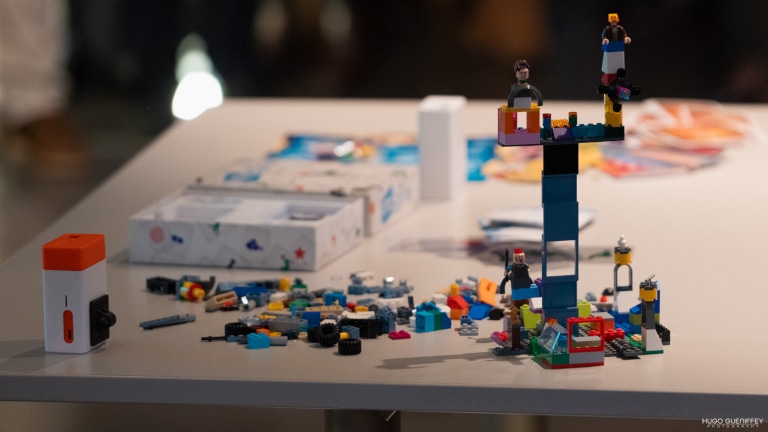
In line with its mission of making access to knowledge a tool for reconstruction, emancipation, and self-actualization, BSF offers its expertise to actors on the ground who work tirelessly towards addressing the three pillars of prevention: raising awareness, fighting against the root cause of gender inequality, and holding international and state actors accountable for their actions.
In Ukraine for example, with the support of the L’Oréal Fund for Women and the Crisis and Support Center of the French Ministry of Europe and Foreign Affairs, we work with survivor assistance centers to deploy Ideas Box libraries, thus creating safe spaces exclusively for women while contributing to their well-being, reconstruction, and reintegration.
In Nigeria, we are experimenting with the “Backup” app, an innovative digital solution created by our partner We Are Not Weapons of War. Moreover, thanks to BSF’s Ideas Cube digital libraries, victims of sexual violence will soon be able to produce and document evidence of sexual crimes, as well as obtain information on prevention, legal proceedings, and psychosocial support available to them—all without the need for an internet connection.
In the Democratic Republic of the Congo, BSF manages an Ideas Cube alongside a library of a thousand books at the Dorcas House of the Panzi Foundation. With these, BSF contributes to the well-being and reconstruction of women and children who are victims of sexual and psychological violence. Every day, local mediators use resources hand-picked by our teams to enhance the quality of their social and educational activities, especially on topics such as gender equality, entrepreneurship, or children’s rights.
***
We would like to thank our partners and participating organizations for contributing to the success of this event: the Institute for Peace and development of Université Côte d’Azur, the United Nations, the Ministry of Europe and Foreign Affairs, the French Red Cross, the International Institute for Justice and the Rule of Law, the International Institute of Humanitarian Law, the European University Institute, European University Institute, the Max Planck Foundation, the Dr. Denis Mukwege Foundation, IMPACT, We Are NOT Weapons Of War, ANR project on sexual violence and childhoof at war, the International Criminal Court, the Diakonia International Center for Humanitarian Law, University of Versailles-Saint-Quentin-Paris-Saclay, University of Paris-Assas, University of Lille and the Congo Association of Women Jurists !
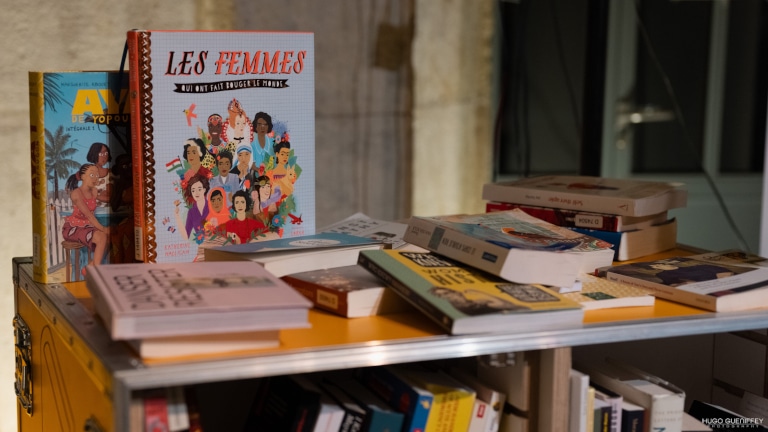
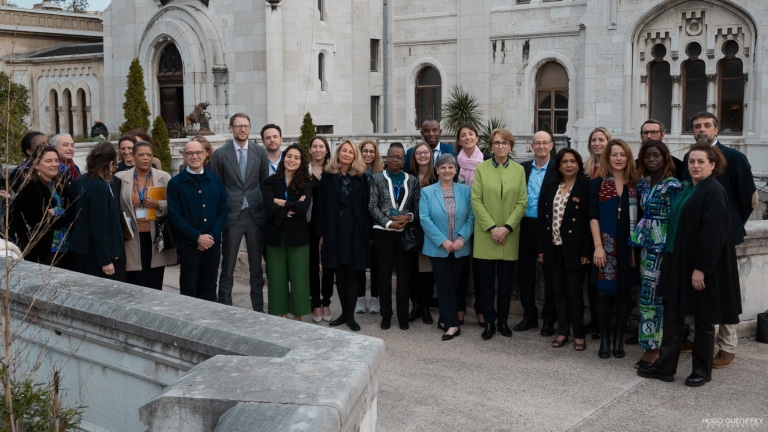
Bibliothèques Sans Frontières (Libraries Without Borders) is an international non-profit that strengthens the capacity of people in vulnerable situations by facilitating access to education, culture, and information. In more than 30 countries, we create innovative cultural and learning spaces that allow those affected by crisis or precarity to learn, to play, to build communities, and to construct their futures.